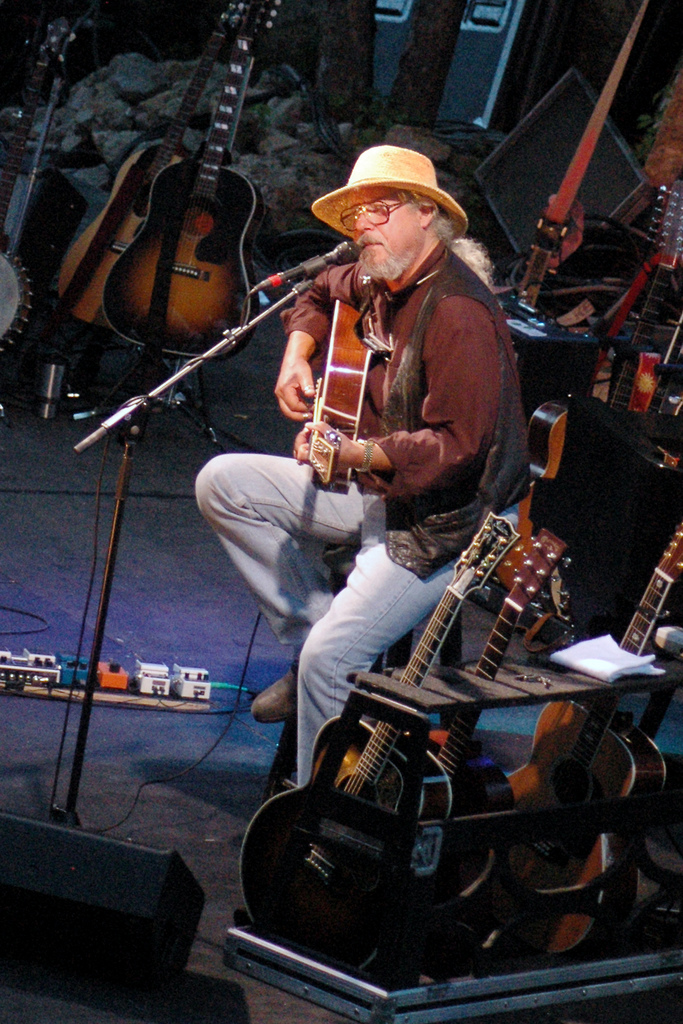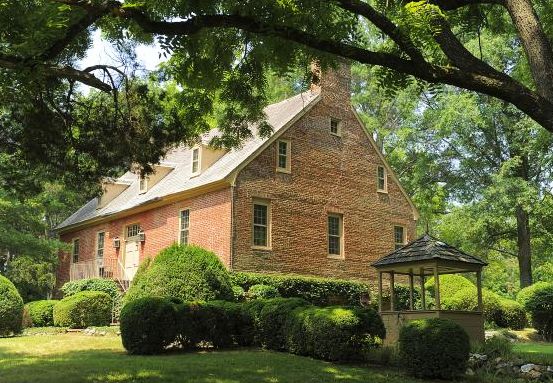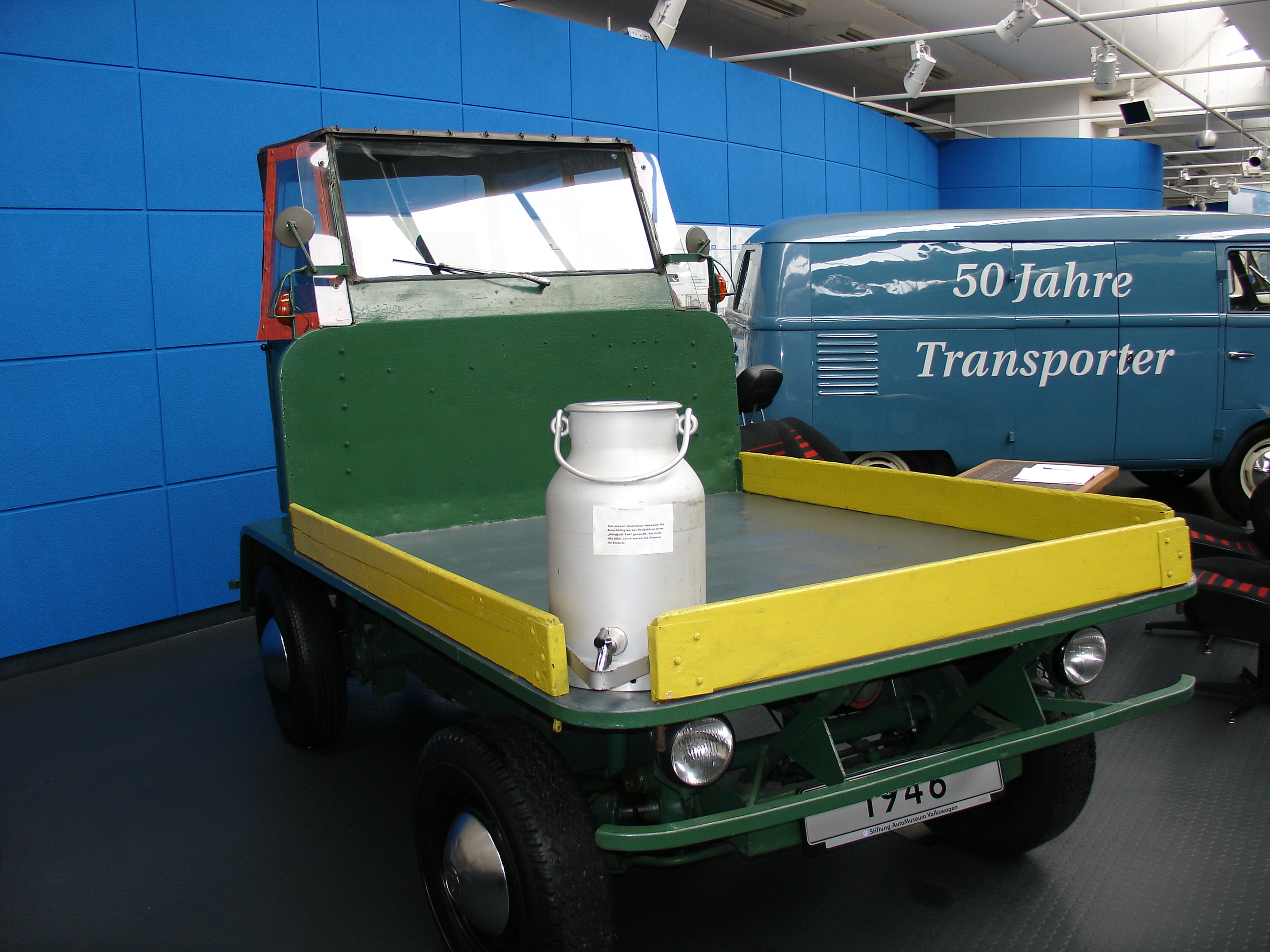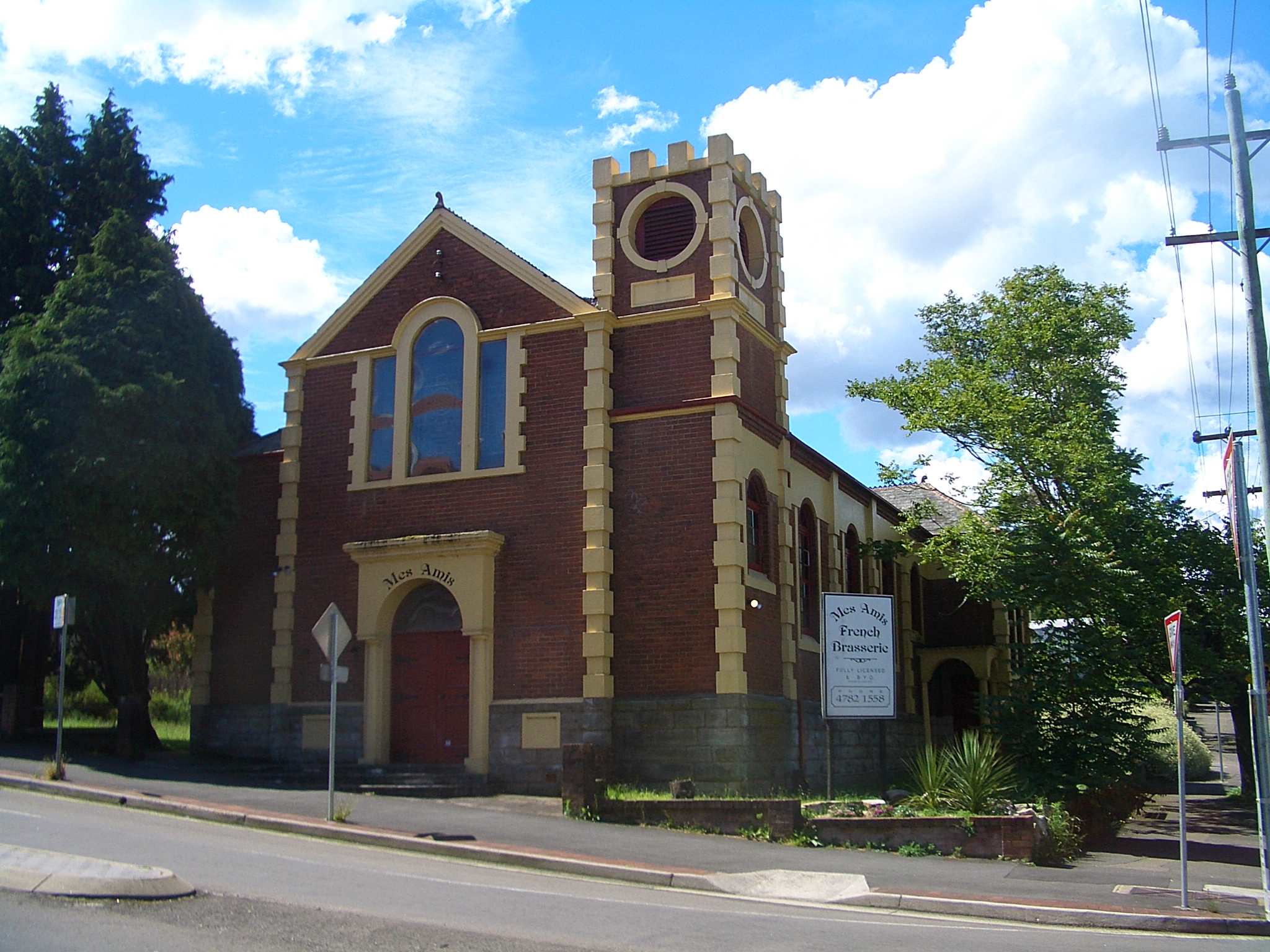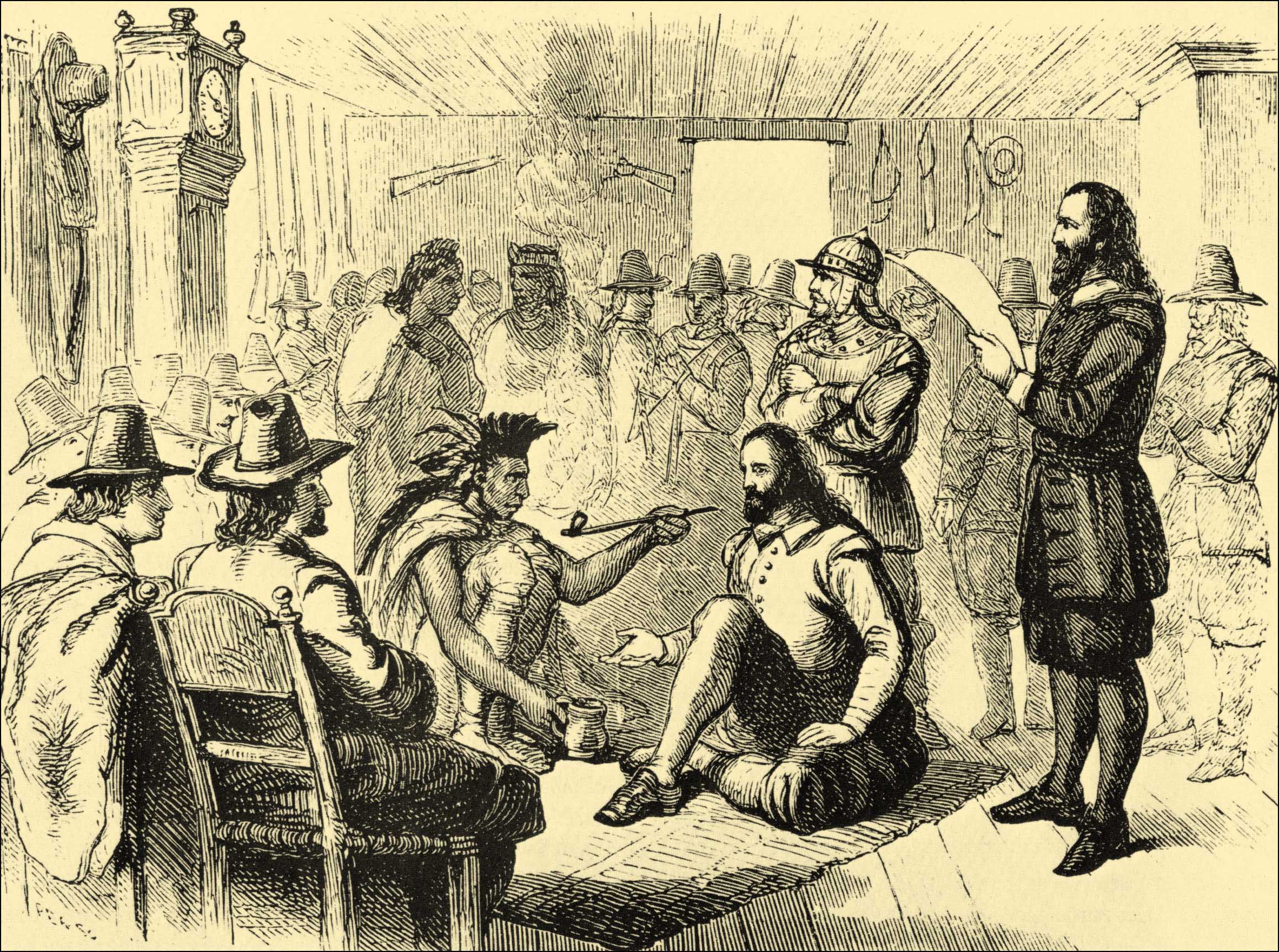|
Alice's Restaurant
"Alice's Restaurant Massacree", commonly known as "Alice's Restaurant", is a satirical talking blues song by singer-songwriter Arlo Guthrie, released as the title track to his 1967 debut album Alice's Restaurant (album), ''Alice's Restaurant''. The song is a deadpan protest against the Vietnam War draft, in the form of a comically exaggerated but largely true story from Guthrie's own life: while visiting acquaintances in Stockbridge, Massachusetts, he is arrested and convicted of dumping trash illegally, which later endangers his suitability for the conscription, military draft. The title refers to a restaurant owned by one of Guthrie's friends, artist Alice Brock. Although Brock is a minor character in the story, the restaurant plays no role in it aside from being the subject of the chorus and the impetus for Guthrie's visit. The song inspired the 1969 film Alice's Restaurant (film), ''Alice's Restaurant'', which starred Guthrie and took Alice's Restaurant (film)#Differences fr ... [...More Info...] [...Related Items...] OR: [Wikipedia] [Google] [Baidu] |
Alice's Restaurant (film)
'' Alice's Restaurant '' is a 1969 American comedy film directed by Arthur Penn. It is an adaptation of the 1967 folk music, folk song "Alice's Restaurant Massacree", originally written and sung by Arlo Guthrie. The film stars Guthrie as himself, with Pat Quinn (American actress), Pat Quinn as Alice Brock and James Broderick as Ray Brock. Penn, who resided in the story's setting of Stockbridge, Massachusetts, co-wrote the screenplay in 1967 with Venable Herndon after hearing the song and more of the story from Brock's father, who was on the board of directors at Berkshire Theatre Festival#History, The Berkshire Playhouse, and shortly after directing ''Bonnie and Clyde (film), Bonnie & Clyde''.Cummings, Paula (November 21, 2017)Interview: Arlo Guthrie Carries On Thanksgiving Traditions And Fulfills Family Legacy. ''NYS Music''. Retrieved October 25, 2018. ''Alice's Restaurant'' premiered in Boston on August 19, 1969, a few days after Guthrie appeared at the Woodstock Festival.Stanm ... [...More Info...] [...Related Items...] OR: [Wikipedia] [Google] [Baidu] |
Arlo Guthrie
Arlo Davy Guthrie (born July 10, 1947) is an American folk music, folk singer-songwriter. He is known for singing protest song, songs of protest against social injustice, and storytelling while performing songs, following the tradition of his father, Woody Guthrie. Guthrie's best-known work is his debut piece, "Alice's Restaurant, Alice's Restaurant Massacree", a satirical talking blues song of about 18 minutes that has since become a Thanksgiving anthem. His only top-40 hit is a cover of Steve Goodman's "City of New Orleans (song), City of New Orleans". His song "Massachusetts (Arlo Guthrie song), Massachusetts" was named the official folk song of the state, in which he has lived most of his adult life. Guthrie has also made several acting appearances. He is the father of four children, who have also had careers as musicians. Early life and education Guthrie was born in the Coney Island neighborhood of Brooklyn, the son of the folk singer and composer Woody Guthrie and dancer Ma ... [...More Info...] [...Related Items...] OR: [Wikipedia] [Google] [Baidu] |
Mason Locke Weems
Mason Locke Weems (October 11, 1759 – May 23, 1825), usually referred to as Parson Weems, was an American minister, evangelical bookseller and author who wrote (and rewrote and republished) the first biography of George Washington immediately after his death. Some popular stories about Washington thought during the 20th century to be apocryphal can be traced to Weems, including the cherry tree tale (" I can't tell a lie, Pa ; you know I can't tell a lie. I did cut it with my hatchet."). Weems' biography of Washington was a bestseller that depicted Washington's virtues and was intended to provide morally instructive tales for the youth of the young nation. Early life Mason Weems was born on October 11, 1759, in Anne Arundel County, Maryland, the youngest of nineteen children. His family traced its ancestry to Scotland. When he was ten years old, his parents sent him away to study at the Kent County Free School in Chestertown, Maryland (which later became Washington College). Du ... [...More Info...] [...Related Items...] OR: [Wikipedia] [Google] [Baidu] |
William Obanhein
William J. Obanhein (October 19, 1924 – September 11, 1994), also known as Officer Obie, was the chief of police for the town of Stockbridge, Massachusetts. He was a member of the police force there for 34 years, 1951 to 1985. He is fairly well known for his appearances in popular culture. Obanhein was the "Officer Obie" mentioned in Arlo Guthrie's 1967 talking blues song "Alice's Restaurant". Obanhein later said that some of the details in the song were not completely true; he said he had not handcuffed Guthrie during the arrest and said they removed the seat from the toilet in Guthrie's cell to prevent theft, not to prevent suicide. Obanhein later would note that he would not have arrested Guthrie had the amount of garbage been smaller (he would have picked up the garbage himself) [...More Info...] [...Related Items...] OR: [Wikipedia] [Google] [Baidu] |
Volkswagen Type 2
The Volkswagen Transporter, initially the Type 2, is a range of light commercial vehicles, built as vans, pickups, and cab-and-chassis variants, introduced in 1950 by the German automotive industry, automaker Volkswagen as their second mass-production car model, light motor vehicle series, and inspired by an idea and request from then-Netherlands-VW-importer Ben Pon Sr., Ben Pon. Known officially (depending on body type) as the Transporter, Kombi or Microbusor informally as the Volkswagen Station Wagon (US), Bus (also US), Camper (UK) or Bulli (Germany), it was initially given the factory designation 'Type 2', as it followedand was for decades based onthe Volkswagen Beetle, original 'Volkswagen' ("People's Car"), which became the VW factory's 'Type 1' after the World War Two, post-war reboot, and mostly known, in many languages, as the "Beetle". The Volkswagen Transporter has been built in many variants. It may be best known for its panel vans, but it was also b ... [...More Info...] [...Related Items...] OR: [Wikipedia] [Google] [Baidu] |
Deconsecration
Deconsecration, also referred to as decommissioning or ''secularization'' (a term also used for the external Secularization (church property), confiscation of church property), is the removal of a religious sanction and blessing from something that had been previously consecration, consecrated for spiritual use. This can be of any particular thing, including people or Place of worship, places, that may have been considered Sacredness, holy or blessed in some way in the past. In particular, church buildings no longer required for religious use are deconsecrated for secular use or demolition. Judaism Jewish legalistic discourse surrounding both abstract and physical objects – such as sacrifices for the Temple in Jerusalem, coinage, and nature – often describes consecration as dependent on the circumstance by which those objects are used. The term ''"consecration"'' may be used to describe the neutral, unadulterated, innate state of a thing, where ''"deconsecration"'' is ... [...More Info...] [...Related Items...] OR: [Wikipedia] [Google] [Baidu] |
Thanksgiving (United States)
Thanksgiving is a Federal holidays in the United States, federal holiday in the United States celebrated on the fourth Thursday of November (which became the uniform date country-wide in 1941). Outside the United States, it is sometimes called American Thanksgiving to distinguish it from Thanksgiving (Canada), the Canadian holiday of the same name and Thanksgiving, related celebrations in other regions. The modern national celebration dates to 1863 and has been linked to the Pilgrim Fathers, Pilgrims' 1621 harvest festival since the late 19th century. As the name implies, the theme of the holiday generally revolves around giving thanks and the centerpiece of most celebrations is a Thanksgiving dinner with family Friendsgiving, and friends. The dinner often consists of foods associated with New England harvest celebrations: Turkey meat, turkey, potatoes (usually Mashed potato, mashed and Sweet potato, sweet), Winter squash, squash, maize, corn (maize), green beans, Cranberry, cra ... [...More Info...] [...Related Items...] OR: [Wikipedia] [Google] [Baidu] |
Alice Brock, 1969
Alice may refer to: * Alice (name), most often a feminine given name, but also used as a surname Literature * Alice (''Alice's Adventures in Wonderland''), a character in books by Lewis Carroll * ''Alice'' series, children's and teen books by Phyllis Reynolds Naylor * ''Alice'' (Hermann book), a 2009 short story collection by Judith Hermann Computers * Alice (computer chip), a graphics engine chip in the Amiga computer in 1992 * Alice (programming language), a functional programming language designed by the Programming Systems Lab at Saarland University * Alice (software), an object-oriented programming language and IDE developed at Carnegie Mellon * Alice (Microsoft), an AI project at Microsoft for improving decision-making in economics * Alice mobile robot * Artificial Linguistic Internet Computer Entity, an open-source chatterbot * Matra Alice, a home micro-computer marketed in France * Alice, a brand name used by Telecom Italia for internet and telephone services ... [...More Info...] [...Related Items...] OR: [Wikipedia] [Google] [Baidu] |
Jingle
A jingle is a short song or tune used in advertising and for other commercial uses. Jingles are a form of sound branding. A jingle contains one or more hooks and meanings that explicitly promote the product or service being advertised, usually through the use of one or more advertising slogans. Ad buyers use jingles in radio and television commercials; they can also be used in non-advertising contexts to establish or maintain a brand image. Many jingles are also created using snippets of popular songs, in which lyrics are modified to appropriately advertise the product or service. History The first radio commercial jingle aired in December 1926, for Wheaties cereal. The Wheaties advertisement, with its lyrical hooks, was seen by its owners as extremely successful. According to one account, General Mills had seriously planned to end production of Wheaties in 1929 on the basis of poor sales. Soon after the song "Have you tried Wheaties?" aired in Minnesota, however, sal ... [...More Info...] [...Related Items...] OR: [Wikipedia] [Google] [Baidu] |
Massacre
A massacre is an event of killing people who are not engaged in hostilities or are defenseless. It is generally used to describe a targeted killing of civilians Glossary of French words and expressions in English#En masse, en masse by an armed group or person. The word is a Loanword, loan of a French term for "butchery" or "carnage". Other terms with overlapping scope include war crime, pogrom, mass killing, mass murder, and extrajudicial killing. Etymology ''Massacre'' derives from late 16th century Middle French word ''macacre'' meaning "slaughterhouse" or "butchery". Further origins are dubious, though the word may be related to Latin ''macellum'' "provisions store, butcher shop". The Middle French word ''macecr'' "butchery, carnage" is first recorded in the late 11th century. Its primary use remained the context of animal slaughter (in hunting terminology referring to the head of a stag) well into the 18th century. The use of ''macecre'' "butchery" of the mass killing ... [...More Info...] [...Related Items...] OR: [Wikipedia] [Google] [Baidu] |
Ozark Mountains
The Ozarks, also known as the Ozark Mountains, Ozark Highlands or Ozark Plateau, is a physiographic region in the U.S. states of Missouri, Arkansas, and Oklahoma, as well as a small area in the southeastern corner of Kansas. The Ozarks cover a significant portion of northern Arkansas and most of the southern half of Missouri, extending from Interstate 40 in Arkansas, Interstate 40 in central Arkansas to Interstate 70 in Missouri, Interstate 70 in central Missouri. There are two mountain ranges in the Ozarks: the Boston Mountains of Arkansas and Oklahoma, as well as the St. Francois Mountains of Missouri. Wahzhazhe Summit (formerly known as Buffalo Lookout), is the highest point in the Ozarks at , and is located in the Boston Mountains, in the westernmost part of Newton County, Arkansas, east of Boston, Arkansas, Boston, Madison County, Arkansas. Geologically, the area is a broad dome (geology), dome with the exposed core in the ancient St. Francois Mountains. The Ozarks cove ... [...More Info...] [...Related Items...] OR: [Wikipedia] [Google] [Baidu] |
